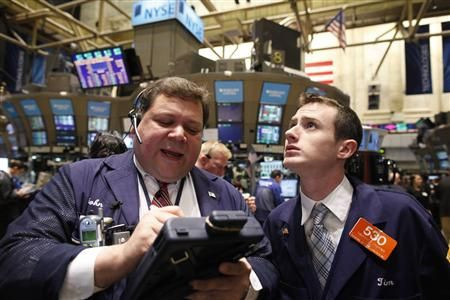Fears over Middle East unrest continue to subside, markets poised to resume upswing

Fears over the Middle East unrest have continued to subside. Monday’s markets, which struck a mildly positive tone, indicate that it is ready to move on from the waves of turmoil in the Middle East.
Asian stocks mostly closed positive; European stocks are modestly higher; US stock futures are up. Stock markets in the Middle East have generally stabilized, except for Oman, which saw its first disturbances, and the United Arab Emirates, a neighboring country.
High-yielding currencies like the Australian dollar are generally higher against low-yielding currencies like the Japanese yen and the VIX (fear gauge) is down.
Moreover, oil, the market’s key focus during the ongoing Middle East unrest, appears to have stabilized. Crude oil futures are down mildly on Monday, trading at $97.60 per barrel in at 9:12 a.m. in New York. This is more than 5 percent lower than the panic-driven price of $103.4 per barrel reached last Thursday.
For the global markets and economy, the primary fear is that the unrest in the Middle East will spread to the bigger oil exporters, namely Saudi Arabia, the United Arab Emirates, and Iran.
In Saudi Arabia and the United Arab Emirates, a full-scale revolt seems unlikely given the countries’ wealth and the government’s willingness to appease protestors through the issuance of economic concessions.
In fact, the cost of these economic benefits and concessions to citizens may actually provide incentives to these two Arab countries to ramp up oil production and thus receive more oil revenues.
The willingness and ability of large oil producing countries, particularly Saudi Arabia, to increase oil production if the supply is disrupted by revolts elsewhere have calmed fears of oil shortage even as Libya, the 12th largest oil exporter in the world, descends into a violent showdown between pro- and anti- Moammar Gaddafi camps.
Email Hao Li at hao.li@ibtimes.com
Click here to follow the IBTIMES Global Markets page on Facebook
Click here to read recent articles by Hao Li
© Copyright IBTimes 2024. All rights reserved.











